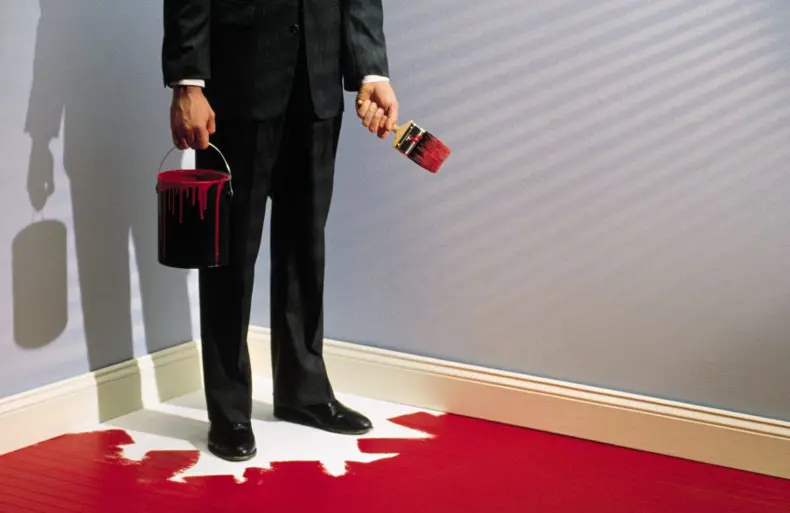Landlords currently under pressure to agree short lease extensions may feel that they have no negotiating levers. The Coronavirus Act 2020 gives tenants confidence that they cannot be evicted, so why should they negotiate at all?
One good reason is that the landlord can double rent instead of evicting them. In many situations it will not be appropriate to double the rent but there may be situations where it is helpful to know these two pieces of often overlooked legislation are available to you: the Landlord and Tenant Act 1730 and the Distress for Rent Act 1737. They are just as effective now as they were 300 years ago
Where a tenant’s lease is “outside the Act” (that is outside the LTA 1954) but they stay in occupation after the end of their lease a landlord can charge a “Rate of double the yearly Value of the Lands” until the tenant leaves or signs a new lease. That may put an interesting angle on the conversation you have with a tenant who wants a short extension at the last minute.
Under the current Coronavirus restrictions it is sometimes hard for tenants to vacate their premises. It is also hard for them to search for and commit to new premises. We are finding that many tenants want a short extension to their lease. This may be entirely reasonable and mutually beneficial to both landlord and tenant. However some landlords may feel disadvantaged by tenants using the situation to extend leases unfairly.
In such instances a landlord may want to use “Double Value” to encourage tenants to move, or extract some compensation from those tenants who wilfully stay (not by mistake or because they have a reasonable claim of title to the property). All the landlord has to do is demand vacant possession in writing and be willing to demonstrate the rental value in court if necessary.
Double value isn’t just doubling the monthly rent; it is double the value that a willing tenant would pay for the premises during the period of trespass as assessed by the courts.
The situation is slightly different if a tenant has already given an undertaking to vacate a premises (by serving a break notice say) but then stays in occupation anyway. For this another piece of legislation is useful: the Distress for Rent Act 1737. It does not require an expensive argument over rental value: instead, the landlord is automatically entitled to double the passing rent as soon as the lease ends. In this case the landlord must treat the tenant as a trespasser i.e. not accept rent at the old rate.
It strikes us that double rent may be preferable to gaining vacant possession in many cases at the moment.
These are not tools for the faint hearted but they have a place in an asset manager’s armoury.




